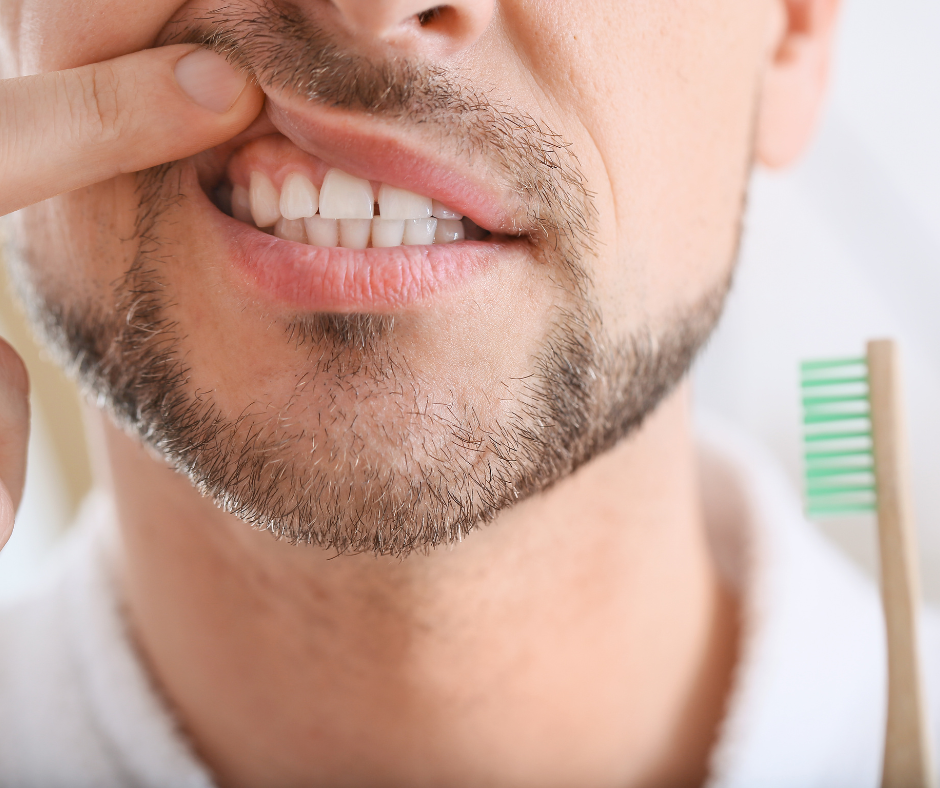Gingivitis is an inflammation of the gingiva, the region of your gum that surrounds the base of your tooth. Although gingivitis is a mild form of gum disease and is not fatal, leaving it untreated can lead to a more severe form of gum disease called periodontitis.
Primarily, there are two common forms of gingivitis people often suffer from due to poor dental health. The first type is when the gum disease is caused by plaque built inside an individual’s tooth. This occurs when people don’t follow a strict oral care routine, and plaque forms around the gums, leading to inflammation around the gums, discoloration of the teeth, and pain in the mouth.
On the other hand, the second form of gingivitis is caused by bacterial or fungal infections such as candidiasis. The presence of foreign objects inside the mouth, such as dentures, retainers, or expanders, can also cause non-plaque gingivitis.
Gingivitis can also result from other uncommon factors, such as changes in hormone levels in females during menopause, menses, or pregnancy. Higher age and previous smoking history are also liked with the development of gingivitis. Moreover, terminal illnesses such as cancer are also rare causes of gingivitis.
Symptoms of Gingivitis
The most common signs and symptoms of gingivitis include;
- Tender and receding gums
- Bleeding from the gums that is uncontrollable and occurs during brushing or eating hard foods.
- Swelling, redness, or inflammation of the gum
- Bad breath
- Discoloration of the gums and teeth
Treatment
Although gingivitis does not require extensive dental treatment, getting in touch with one is still important to make sure you are on the right path to recovery. Your dentist will probably prescribe a mouth wash that you will have to use for two weeks while rinsing your mouth. Flossing is extremely important to get rid of gingivitis so that no plaque is allowed to form around the gums. Moreover, you can also use interdental cleaner, dental stick, or interstitial brush to ensure proper cleaning of your teeth.
In case of severe gingivitis, your dentist may suggest scaling to clean the build-up of plaque that is otherwise difficult to catch with a toothbrush.
Gingivitis is quite common and has a high prevalence rate. However, effective treatment is available. Call River Valley Smile Center to learn about your oral health.


